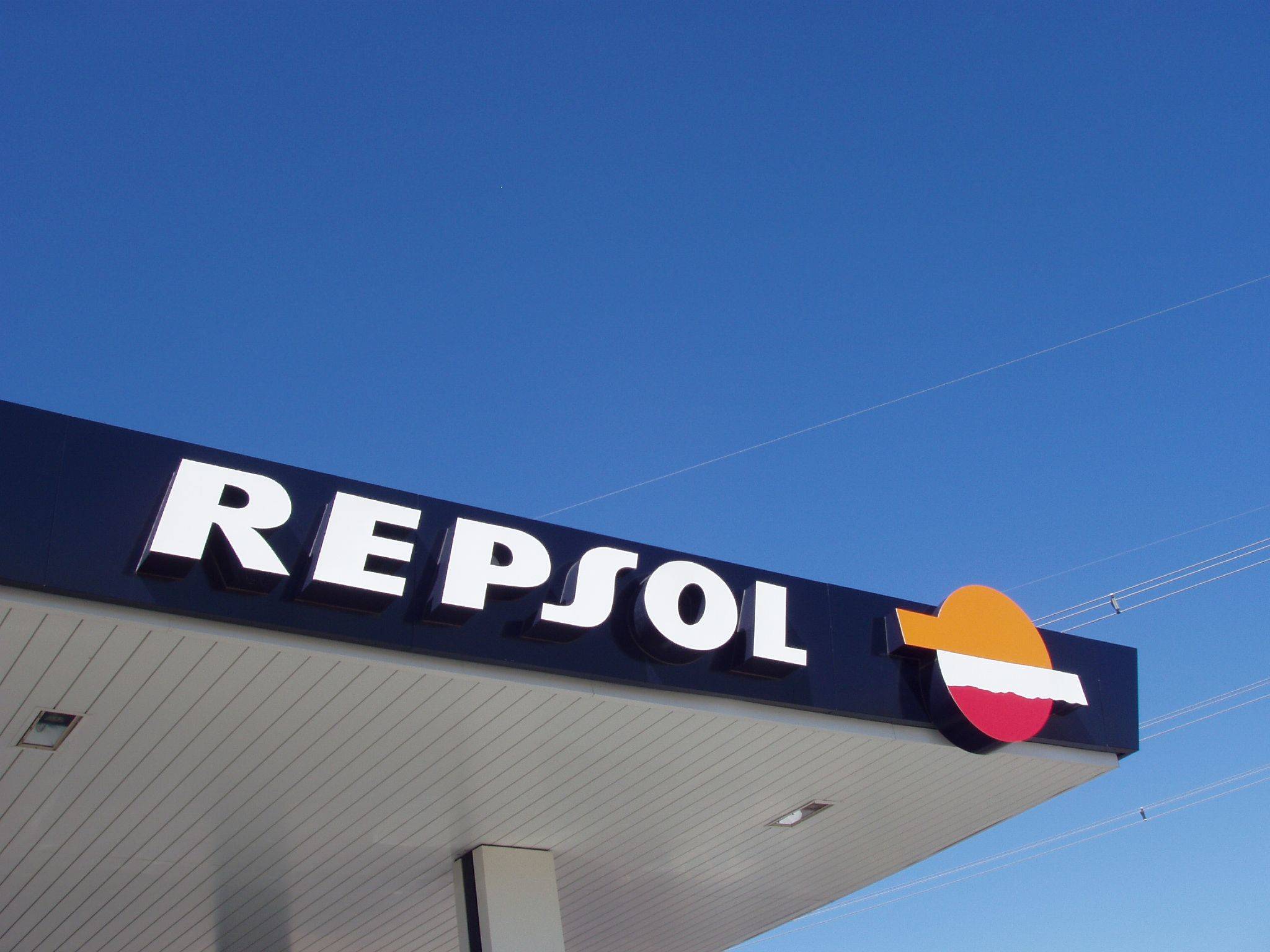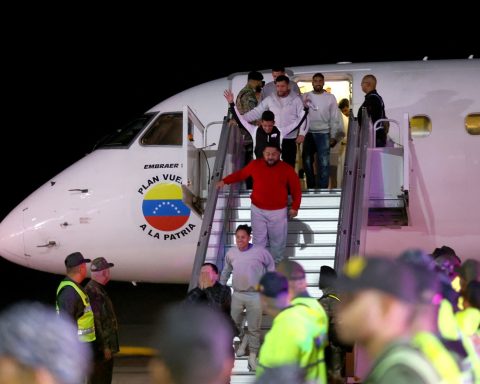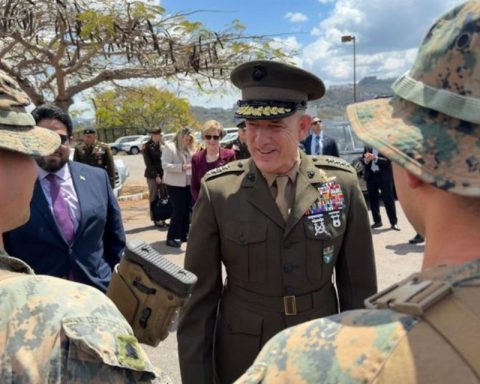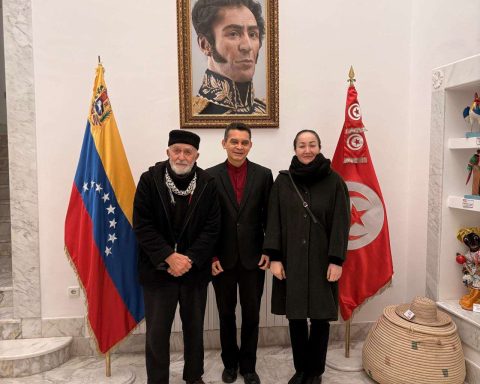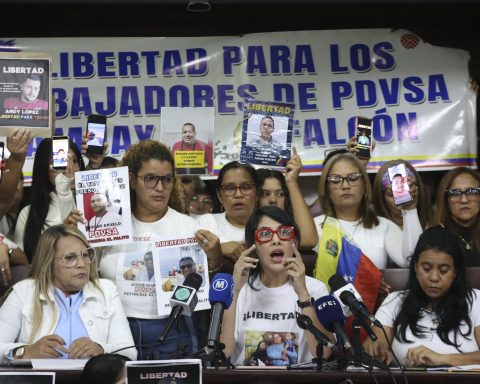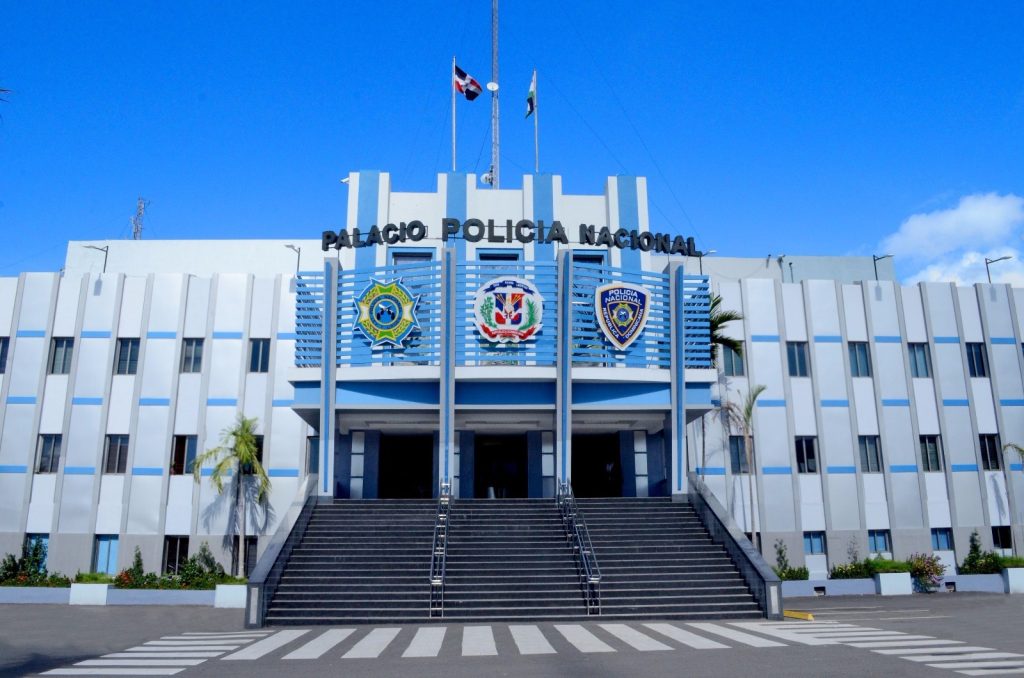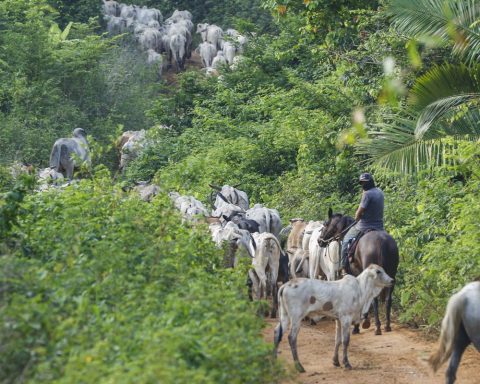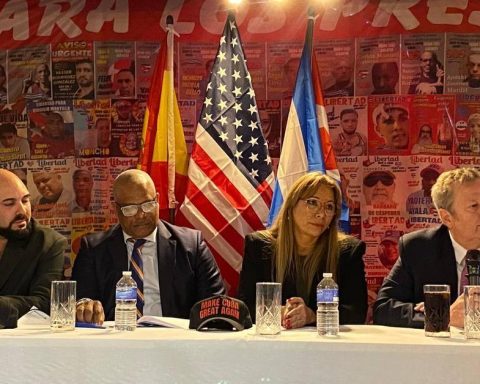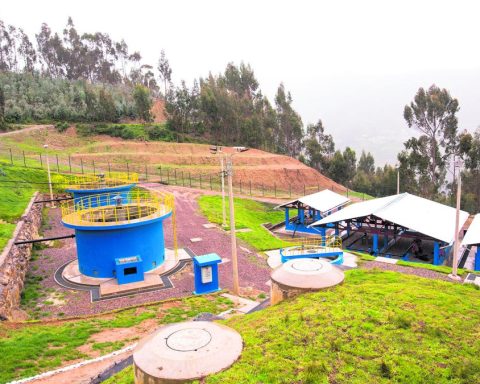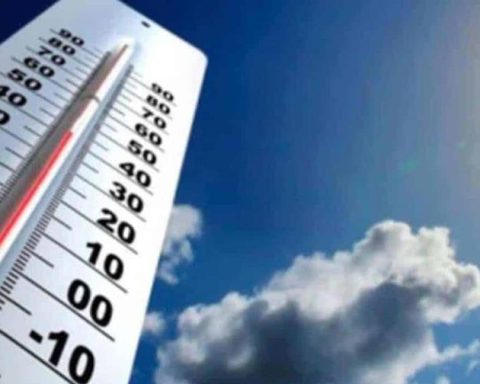So far, no measures have been applied by Venezuela against Spain, as requested by the president of the AN, Jorge Rodríguez; but in the middle of this diatribe are the oil deals between both countries and some 60 Spanish companies on Venezuelan soil. The Spanish Minister of Commerce said that they will try to keep the commercial relationship as stable as possible.
The head of the National Assembly, Jorge Rodríguez, asked the Executive to break consular and commercial relations with Spain, after that country decided not to recognize the results of the presidential elections of July 28, in which Nicolás Maduro was declared the winner. Until now, Venezuela has not applied any measures; but the oil business between both countries and some 60 Spanish companies on Venezuelan soil are at stake.
Spanish companies in the country range from different sectors, including the Metro Systems Consortium related to railway transport, the Granier pastry chain, BBVA with 70 years in the country, as well as the hotel chains Hesperia and Melia. While on the airline side there are Iberia, Air Europa and Plus Ultra.
The Spanish Export and Investments Institute (ICEX) also lists the oil company Repsol, Inditex, the telecommunications company Telefónica and the publishing companies Santillana and Planeta, the transport company Liberty Express, Mapfre Seguros and Laboratorios Calier from Venezuela.
Trade relations between the two countries have increased steadily in recent years. For example, in June 2024 Spain exported 20.3 million dollars to Venezuela, while Venezuela sold 188.61 million dollars to Spain, according to register Banking and Business.
According to data from the Complexity Observatory (OEC), in 2022 Spain exported $127 million to Venezuela, among the main products are unglazed ceramics ($9.63 million), wine ($6.74 million) and air pumps ($3.25 million).
Spain and Venezuela also share gas projects. In an audit last year, Repsol indicated that the crisis in Venezuela was causing uncertainty in the development of the group’s business. However, they noted that prospects had improved as a result of the relaxation of sanctions by the US.
For Venezuela, the most lucrative business is the oil industry, which in 2022 generated $518 million from exports to Spain, according to OEC figures.
Headquarters of the telecommunications company Telefónica in Caracas, Venezuela.
*Read also: Jorge Rodríguez demands breaking diplomatic and commercial relations with Spain
Spain’s Ministry of Commerce said on Thursday, September 12, that to date there have been no changes in trade relations with Venezuela.
“Regardless of the country in question, we will try to protect the interests of our companies and industries wherever they are located, including in Venezuela, and try to maintain a trade and investment relationship as stable as possible. We have to act in a diplomatic environment and there has been no change, no concrete measure, we must avoid speculation,” said Carlos Cuerpo, Minister of Economy, Trade and Business of the Spanish nation.
Despite the risks involved in doing business in Venezuela, Repsol signed a new management agreement with PDVSA on December 18, 2023 for the Petroquiriquire joint venture with the aim of increasing production in the Mene Grande, Barúa Motatán and Quiriquire fields and facilitating the recovery of the debt linked to these assets.
The Strategic Petroleum Products Reserves Corporation (Cores) indicates that between January and June 2024, 1.36 million tons of crude oil from Venezuela arrived in Spain, 3.3 times more than in the same period of the previous year, review InfoLibre.
The publication highlighted that Repsol’s operations in Venezuela are small compared to its business volume. For example, produces 65,000 barrels of oil per day, 11% of what the company generates worldwide.
Repsol’s total equity exposure in Venezuela as of December 31, 2023 amounted to €259 million, which mainly includes the financing granted to its Venezuelan subsidiaries, the investment in Cardón IV and the accounts receivable with PDVSA.
Repsol has a 40% stake in Petroquiriquire SA, while state-owned companies Corporación Venezolana de Petróleo SA (CVP) have a 56% stake and Pdvsa Social SA has a 4% stake. Its main activity is the production and sale of oil and gas in Venezuela.
In Cardón IV SA, Repsol holds a 50% stake through Repsol Exploración, SA. The remaining 50% is owned by the Italian group ENI. Cardón IV is a gas licensee whose main activity is its production and sale in Venezuela.
In May 2023, Venezuela signed an agreement with Repsol (Spain) and Eni (Italy) to export gas to Europe. The companies received a license from the United States OFAC to exploit condensates and export Venezuelan natural gas to European markets.
Repsol also has a natural gas project with the Cardón IV Project, called the Perla Project, in the Gulf of Venezuela, which increased its operating capacity by up to 30% since 2019, according to the Venezuelan-Spanish Chamber of Industry and Commerce.
The Ministry of Economy, Trade and Enterprise states on its website that it does not There are preferential trade agreements between Venezuela and the European Union (EU). The trade relationship between the EU and Venezuela is based on the rules and tariffs of the World Trade Organization (WTO). «EU trade with Venezuela is affected by the prolonged economic crisis in Venezuela.»
Post Views: 670
